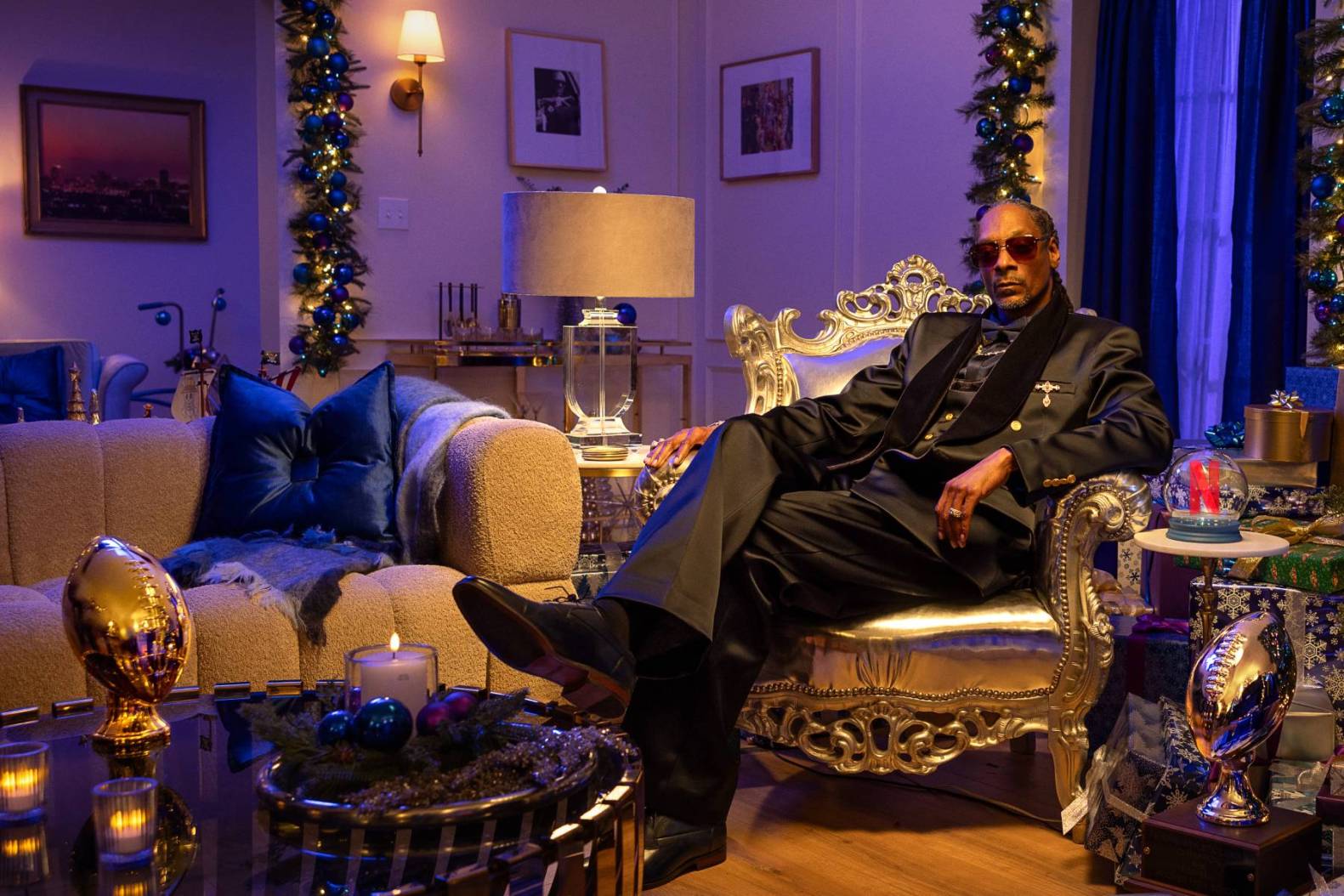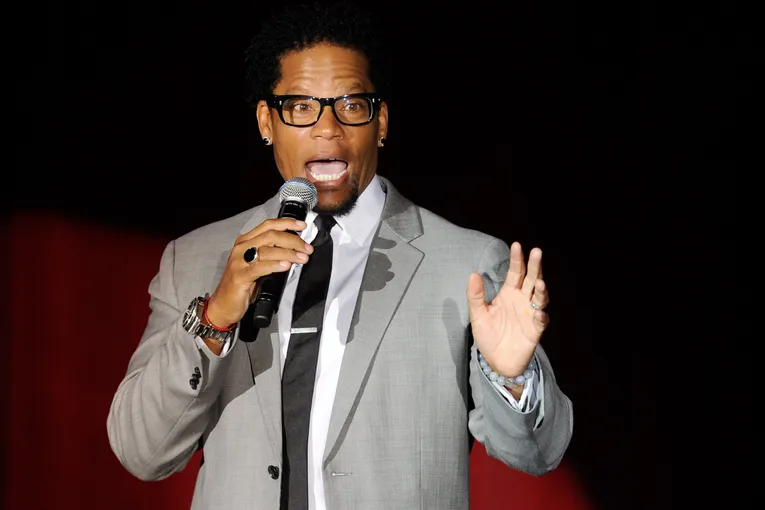
With great power comes great responsibility, and nobody knows that better Cedella Marley, the eldest of late reggae icon Bob Marley and wife Rita's musical brood. The singer, clothing designer and CEO of Tuff Gong International says keeping her father's flame alive is a burden she's happy to take, on and expanding the family's presence on the SiriusXM lineup is part of stoking that legacy.
"If we go back to the Wailers in the 1960s and if we talk about [Marley] albums like Exodus and Uprising and Kaya, you can definitely hear the influences," Marley tells Billboard about the effect West African and Calypso styles had on her dad's music. Those sounds can be heard on two newly launched SiriusXM streaming channels, Tuff Soca and Tuff Beats, which, respectively, focus on the style that originated in Trinidad and Tobago, fusing African and East-Indian influences and on the Afrobeat sound that merged jazz and the melodies of West Africa in the music of such icons as Fela Kuti in the 1970s.
Marley described to Billboard how the music and the rhythms on the channels help form the connective tissue of Bob's inspirations and why the family has jumped feet first into programming both of them.
Can you talk about what influence West African and Calypso music had on Bob's sound?
Marley: Like all indigenous musical forms the music of Africa and the Caribbean, for us as Jamaicans it carries a rich spiritual history. We come from a place where the music is the story of the people -- it's how we pray and party and how we celebrate. Especially when we listen to the riddims of the drums that come out of West Africa and Calypso, the chanting style of the lyrics. If you listen to reggae music, you sense that kind of vibe. Quite literally, the vibration that you can probably feel in your house, depending on the sound system you have. You know how when you sit down you can feel the ground vibrating and that comes from the drums and bass and the beat. That is what I hear when I listen to my father's music and reggae music in general.
Do you remember him listening to the kind of music on the new channels when you were growing up at home or in the studio?
Marley: Calypso music was a big part of Jamaican culture. That was something that was an ordinary thing, but Afrobeat [is] something that is fairly new to most of us. We're talking about people Daddy used to listen to [who] he was inspired by. It wasn't something that was widely available to us, but when he would tour around and come home and have a record he wanted to play for us ... Fela, Miriam Makeba, Harry Belafonte ... The inspirations were always there.
How can the songs people are listening on these channels inform what they hear in Bob’s music and the music you heard? Can you hear that through line now, even in music you didn't hear growing up?
Marley: Sure, I can hear it, and I want to say this too: About three years ago, we started to work on this mashup, fusion project that involves African artists and producers revisiting and re-imagining Daddy's music. So we have tracks like "Jammin'" that features [Nigerian singer] Tiwa Savage and other artists that will be on that yet-to be-titled album. I don't know if I will call it Africa Unite ... We have Sarkodie from Ghana, Davido from Nigeria, Afro B from Ivory Coast and Rema from Nigeria.
When we launched Tuff Beats and Tuff Soca, it was more to give that music a platform because they just don't have it. An hour of hearing Calypso music is not enough for me personally! With this new project with Daddy -- which will also be featured on the Afro Beats channel -- when you feel a circle coming together, it's like a vision of what Tuff Gong should be -- which is just bringing good music to people who want to listen. The first single will drop this summer.
What are some of the favorite artists you've heard so far who excite you?
Marley: [Trinidadian singer] Michael Montano is one of my favorites, and of course, he used to tour with us back in the day. And of course Davido, but what is really cool is that I -- like the other listeners -- get to discover popular songs from other parts of the world that I wouldn't otherwise get to hear. It's almost like I'm learning from listening to these channels. It's good when you can learn and still feel good.
Tell me about your show, "Nice Time," and vibe you're going for?
Marley: The vibe of "Nice Time" is just what it says: about having a nice time and I just play music that I really like. Sometimes I remix it myself and have fun with them. That's just an hour, and then I have to figure out curating the other 23 hours! [Laughs] I am heavily involved in [the programming]. I didn't want it to just be a channel that is just a name and not a person. AI is good, but I and I is even better.
How involved is the rest of the family in the programming and song selection?
Marley: The [show] from Jamaica is curated by DJ Jel [Trinidad] and ZJ Sparks [Jamaica], so they do the Tuff Soca shows. The Tuff Beats shows we have DJ Brooke Bailey from Ghana. Now people are contacting us and asking about being a part of it -- "What can I do?" -- so I think we've opened up an avenue for the DJs and artists themselves.
I push everyone [to be involved] because I think our music, with this format, it's a way for us to reach a lot more people. When I'm curating, I go to Ziggy, Steve and Damian and say, "OK, what do you think about this?" For our 4/20 show, which is actually Steven's birthday, I got Damian to curate Ghetto Youth's Set-Up Shop one-hour show and Steve's Kaya Fest show, and we're reflecting on Steve's [2011] Revelation Pt. 1 -- The Root of Life album, which is 10 years old. [The virtual performance will air at 4 p.m. ET on the CEEK VR app streaming platform.] It's still a family affair. When I pick up the phone and I say, "I want you to do this," and I get it. [Laughs]
Well, you're the oldest, so they have to listen to you, right?
Marley: Yes, I am. But it's a feel-good project because it's music.
How does it feel that Bob’s music and influence is still so prevalent in 2021 that he has three channels on SiriusXM? Why do you think that is?
Marley: Because the message of Daddy's music has proven to be timeless. I feel like every generation for the last 40 years has discovered its own connection to the music and brought it into their lives. And they pass it on to their children ... this is true not only in Jamaica and America, but all over the world, including Africa. When I used to tour and anywhere in the world you go, you meet people who say,"I love Bob Marley. I love his music." Sometimes his songs have been translated and performed in every language, in every genre it's a good thing. There's nothing wrong with having more Marley in your life.


.jpg)


